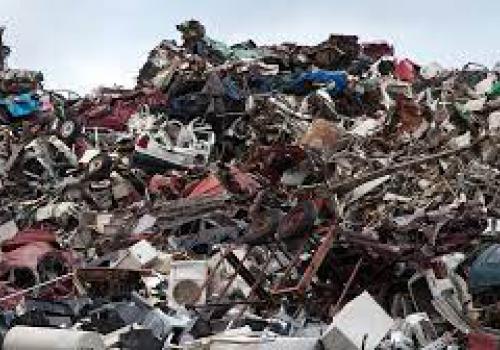Chinese ferrous scrap imports rose in March to 45,563t from under 6,000t in February. Mills and traders expanded trial orders after test cargoes cleared customs in January. Total imports in the first quarter surged to 55,388t from 3,367t a year earlier, according to China customs data. Beijing lifted a ban on ferrous scrap imports from 1 January, and buyers began with imports of 4,060t in January and 5,765t in February to test import processes and inspection standards. Limited import licences were given out for scrap last year. China's scrap imports are expected to continue to rise as mills remain interested in trial orders, with China's shift to controlling carbon emissions increasing ferrous scrap demand. But the gains will not be as significant as some market participants expect, if deep-sea bulk cargoes remain absent from the market. Importers are only buying short-sea cargoes, avoiding purchasing more than 20,000t in a single cargo, until they get a better sense of whether the quality of scrap from the US or Europe could pass customs inspections. The market is awaiting trial orders from those origins shipped by containers to arrive in April and May before deciding on further action.
Japan remained the biggest supplier in March and provided more than half of China's imports in the first quarter. Japanese scrap is the top choice for Chinese buyers because of its strict grade classification and shorter lead time. Chinese demand has widened the premiums for Japanese HS grade that meets Chinese import standards. Argus launched a HS fob Japan price assessment this month to track price changes of higher-grade Japanese scrap. Malaysia was the second biggest supplier in March, a surprise to many market participants with Malaysia typically a net importer of ferrous scrap. The Malaysian government imposed a 15pc tax on scrap exports from 25 March to stop scrap outflows with China's entry into markets, so it is unlikely that large volumes will be seen from Malaysia. South Korean traders actively sought opportunities to export to China as prices were higher than in its domestic market. South Korean steelmakers continue to import regularly from Japan.
